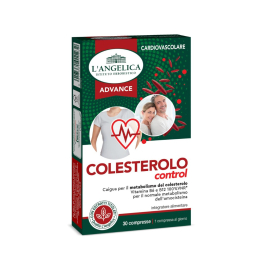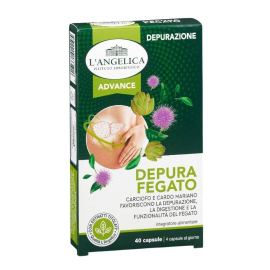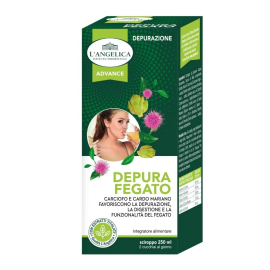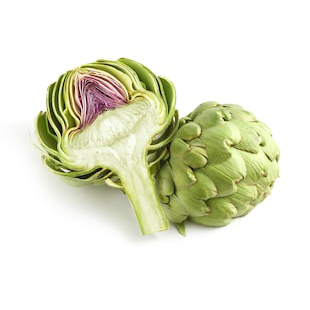FREE SHIPPING FROM 35 €
Search
Natural Ingredients
Artichoke
Choleretic and regulator of bile flow acing on lipid metabolism.
The artichoke is the hepatoprotective plant par excellence: excellent as a choleretic, regulator of bile flow acting on lipid metabolism by decreasing the production of cholesterol and endogenous triglycerides and increasing excretion or redistribution in natural deposits. Thanks to the hepatoprotective action, a decrease of toxins in the blood usually associated with renal dysfunction has also been observed. The choleretic and hepatoprotective action takes place through activities on urea metabolism: Artichoke extracts in fact help to decrease azotemia by stimulating the hepatic transformation of nitrogenous molecules imperfectly processed by impaired liver function and barely diffusible by the kidney.
I nutraceutici
- Cynarine
- Flavonoids
- Cynaropicrin
- Mineral salts (potassium, calcium, magnesium)
- Organic acids (malic, succinic, etc.)
The artichoke is distinguished by several important features: it is a sebum-regulator and detoxifies
We eat the flower receptacle of the artichoke, as well as the bracts, incorrectly called leaves which stick to you. The medicinal part of the plant is the large toothed leaf which garnishes the stem (cauline leaves) while in the kitchen the flower receptacle is usually used.
Therapeutic use: minor liver failure; hypercholesterolemia and / or Hypertriglyceridemia; hepatobiliary disorders (hepatitis, cholecystitis, cholelithiasis, hepatic steatosis); water retention.







